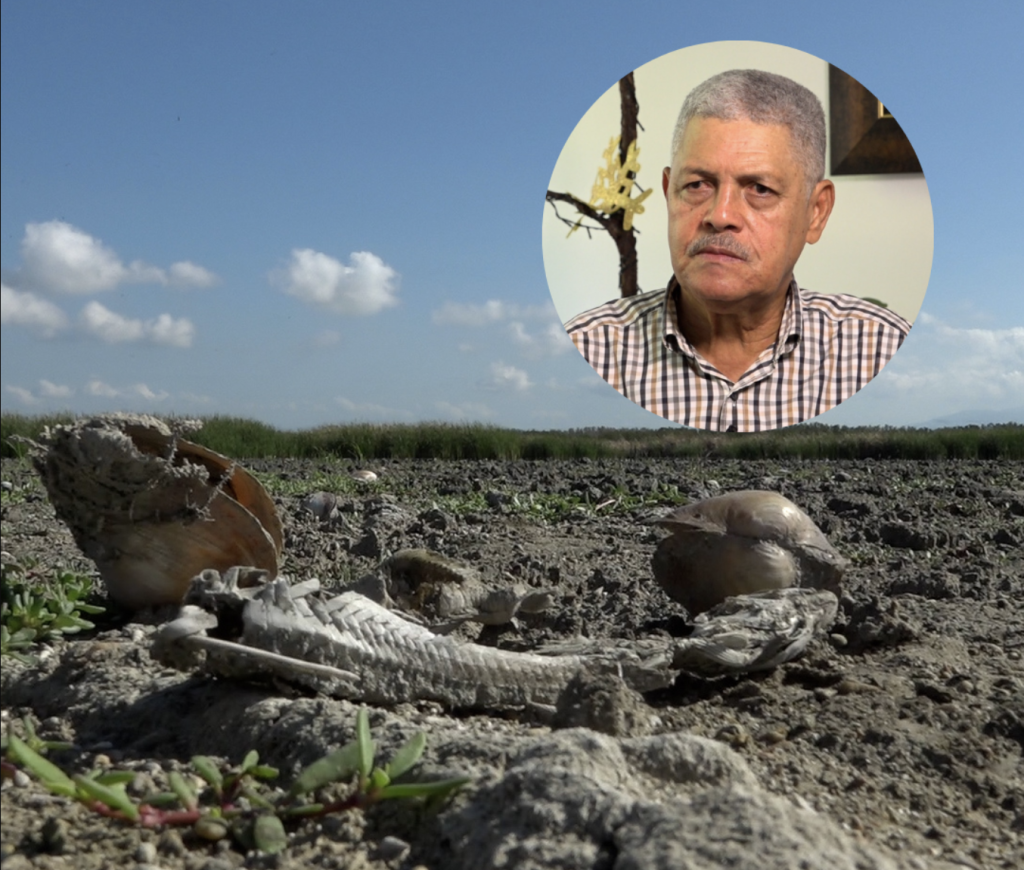Copyright scotsman

The head of Scotland’s national courts service has warned that additional courts and investment will be needed to alleviate the system-wide pressures set to bring about a surge of scheduled trials over the next five years, with victims waiting years for criminal cases to conclude In a stark sign of the ongoing challenges facing the criminal justice system, the Scottish Courts and Tribunals Service (SCTS) now predicts that it will face more than 1,600 scheduled High Court trials come March 2028 - nearly double its previous estimate. The latest modelling report published by the SCTS as part of its ongoing efforts to drive down a backlog of cases indicates that the number of scheduled trials will continue to shoot upwards, reaching 2,412 in March 2030, an increase of 224 per cent compared to the levels recorded in the same month this year. Amid escalating concerns about the impact on victims waiting for criminal cases to conclude, the analysis by the SCTS of its future caseloads also predicts that the average wait from a pleading diet to an evidence-led High Court trial will jump from 42 weeks in March 2025 to 92 weeks in 2028, before increasing again to 136 weeks by 2030. Opposition parties said the figures should act as a “wake up” call for ministers, and warned that mismanagement of the justice system was leaving victims facing “intolerable” and “traumatising” waits. Victim support organisations said the statistics made for “bleak reading,” and warned that victims of sexual crimes such as rape may decide not to report the crime if faced with the prospect of waiting years for the legal process to conclude However, the Scottish Government said it was providing targeted investment and reform to ensure victims and witnesses experience a “more efficient, trauma-informed justice system.” For all the crucial work done by the SCTS and others to drive down the backlog of scheduled criminal trials from a peak of more than 43,000 in January 2022 to around 16,000 as of the end of last month, the challenges facing the public body remain acute. In an interview with Scotland on Sunday, Malcolm Graham, the SCTS chief executive, pointed to trends such as growing levels of serious criminal cases, proactive investigations into historic sex crimes, domestic abuse cases, and time-bar limits as factors that were contributing to the projected spike. In October 2024, an SCTS modelling scenario indicated that the ongoing pressures would see the number of projected scheduled trials grow to 826 by March 2028. But that number has been subject to a significant revision upwards, and now stands at 1,623. Its latest modelling report indicates that come March 2030 - essentially a decade after the onset of the Covid-19 pandemic - there will be 2,412 scheduled trials, up from 743 as of March 2025. Similarly, while the SCTS predicted 12 months ago that it would take just over a year (54 weeks) for an indictment to proceed to an evidence-led trial as of March 2028, the projected wait will be 92 weeks. It estimates that wait will only increase to 111 weeks in March 2029 and 136 weeks the following year. The report states that additional trial courts will be required from April 2026 to alleviate pressure, and while Mr Graham did not specify a figure, he said an increase, albeit temporary, was likely. The Scotsman’s daily newsletter brings you the best news - subscribe now “I think it’s likely that we will need that, at least in the short term, and obviously that would only be a position in the High Court until we’d reached the implementation of the sexual offences court,” he explained. “We’re looking at how to manage cases as efficiently as possible - there might still be some room for improvement in that. But ultimately, what we need is an investment in technology to be able to manage cases more efficiently and effectively across the system. “My major ask to the government is for investment up front in digital transformation at scale, and we are currently doing work to look at what we can convert from the areas that we have created capacity in, and then translate that into increased capacity in the High Court. That’s the sensible starting point.” However, even if ministers meet the demand from SCTS for extra trial courts, it alone will not solve the longstanding problems, with the number of projected scheduled trials simply expected to increase at a slower rate. Its modelling scenario, drawn up via what Mr Graham as a “very high level of coordination” with the Crown Office and Procurator Fiscal Service (COPFS), predicts that even if a further six trial courts were added to the existing capacity of 22, the number of projected scheduled trials would still reach 1,147 in March 2028, rising to 1,243 the next year, and 1,460 by March 2030. Mr Graham said that although the modelling was not 100 per cent accurate, it was a useful tool to help the SCTS drive improvements to help those impacted by serious offences. “Every case that comes into the system is somebody that’s waiting for justice, and in the High Court, it is victims of the most serious crimes that have impacted significantly on peoples’ lives.” he explained. “The impact of delays and the uncertainty of that on people is huge, and that’s uppermost in my thoughts in terms of why we need to prioritise this part of the system.” Opposition politicians said the scale of the projected increases underlined the need for greater investment and reform. Liam Kerr, the Scottish Conservative shadow justice secretary, said: “Despite the best efforts of frontline staff, Scotland’s court system is on its knees under the SNP, and things are set to get even worse. “This modelling lays bare the stark reality of SNP mismanagement of the justice system which is leaving victims facing intolerable waits for cases to reach court. We have repeatedly warned SNP ministers this would be the consequence of their under-funding and terrible stewardship of Scotland’s justice system. He added: “The SNP’s chronic underfunding of Scotland’s courts is inevitably leading to these mounting backlogs, while their failure to implement their proposed court system reforms will exacerbate the crisis. Read more: Rape survivors condemn 'shoddy' transcript SNP Government pilot scheme “These figures must be the wake-up call for ministers to finally tackle these backlogs and stop our court system failing both victims of crime and the accused.” Scottish Labour’s justice spokesperson, Pauline McNeill, said: “Court backlogs leave criminals unprosecuted and delay the comfort and closure of justice for victims of crime. It also takes vital resources off the frontline as hundreds of police officers spend days in court, most of whom never actually give evidence. “Delays in court proceedings are one of the most traumatising issues for victims. Action must be taken to rectify this. Scottish Labour has called for a justice system that works for victims and communities, and for the government to consider the views and concerns of those working in the justice system. She added: “Ministers should also seek to invest in digital infrastructure and technology, which could help to reduce the time police officers spend in our courts.” Amid the expected spike in scheduled trials, renewed concern has also been expressed over the lengthy delays involving serious sexual crimes, with the median time from offence to verdict for a sexual crime calling at the High Court now standing at 1,737 days. A Scottish Government dashboard, drawing on information provided by the SCTS and the COPFS, shows that across all crimes, the median time from offence to verdict is 896 days. Sandy Brindley, chief executive of Rape Crisis Scotland, said: “Survivors have faced unacceptable court delays for years, and these figures show that serious action is needed if we ever expect that to change. As we see rising levels of reported rape and other sexual crimes, we can’t accept this as the new reality. “If someone who has been raped thinks it will take several years to get to the end of the justice process, they might decide not to report what has happened to them at all. That would be unforgivable. Ms Brindley said the delays only tell “part of the story,” given the lengthy waits for cases to reach court in the first place, a trend she said that left people feeling their lives were “on hold,” with some even delaying seeking counselling or medical treatment for fear the records could be used against them in court. She added: “We hope that action like the creation of a specialist sexual offences court will help cut down the horrific delays and mitigate some of the trauma that survivors face in the criminal justice system. But, in order to tackle the rising numbers of sexual crime that continue to flood the courts, we need to focus on stopping rape before it happens. That includes significant investment in prevention, to make sure every young person in Scotland has access to education around consent and healthy relationships.” Victim Support Scotland pointed to significant impacts as a result of the delays, describing witness attrition as a “huge problem,” with people dropping out of the trial process and increasing the chances of a case collapsing. It said the increasing waits could potentially lead to higher dropout rates. Debbie Adams, the charity’s director of development and external affairs, said: “These estimates for increasing wait times between a pleading diet and High Court trial make for bleak reading. We regularly hear about the damaging impact of these extended wait times on people affected by crime. "Solutions to these delays must include a greater emphasis on using technology to increase efficiency and reduce trauma for victims. One way Victim Support Scotland can help is through the remote evidence suites located in our Glasgow and Edinburgh offices, which enable victims to provide evidence on commission to court virtually. This creates more capacity for trials to proceed efficiently, as well as offering a trauma-informed environment and specialist support.” A Scottish Government spokesperson said: “The Scottish Government is providing targeted investment and reform to ensure victims and witnesses experience a more efficient, trauma-informed justice system. “Modelling is a planning tool that informs decisions about future capacity and investment. It does not yet account for the future establishment of the national sexual offences court - a major reform to help ease pressure on High and Sheriff and jury courts. “We recognise the growing volume of serious cases and continue to invest in court capacity. The Scottish Government has increased the SCTS operational budget annually, with an additional £11.5m in resource funding this year. Since April 2023, SCTS has created two new High Courts and six Sheriff and jury courts to meet rising demand. “Innovations like digital evidence sharing capability, summary case management and introduction of remote evidence for police and expert witnesses are modernising the system and increasing efficiency.”



